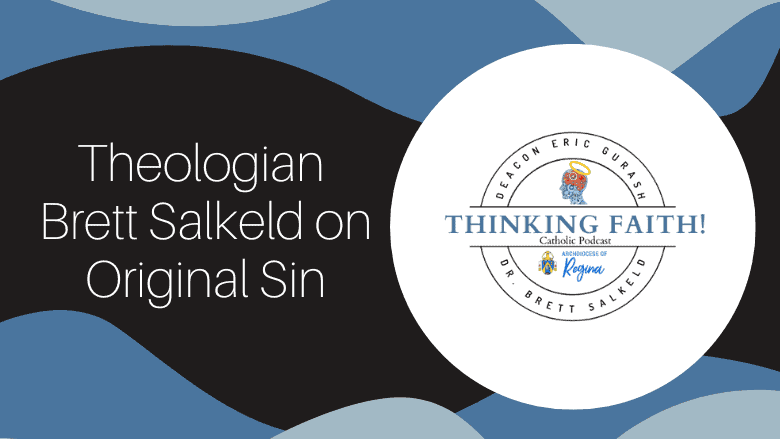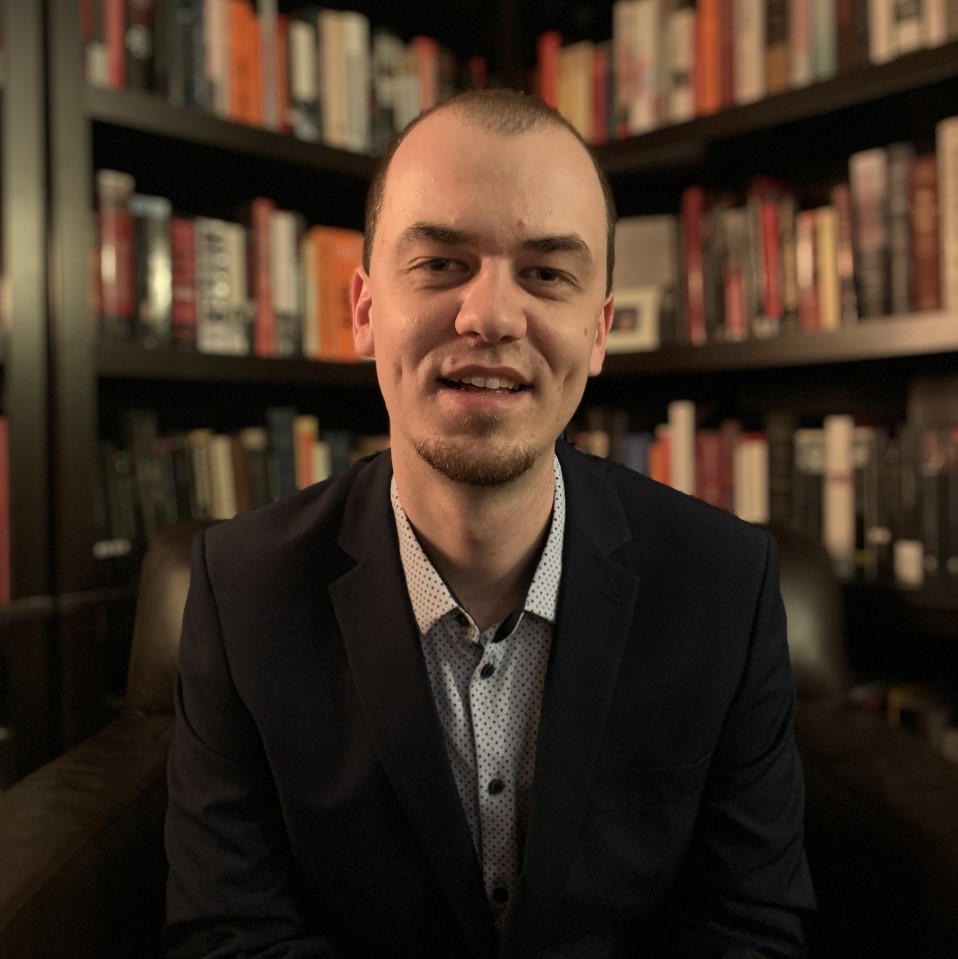
By Dan Sherven
Dr. Brett Salkeld is the Archdiocesan Theologian for the Archdiocese of Regina. He recently spoke about some key differences between Roman Catholic and Eastern Orthodox theology. However, he notes that he is not strictly an expert on many of the questions. Nonetheless, he clarifies some common confusion around the doctrine of original sin.
“This is a thing that the East is sort of suspicious of in the West,” Salkeld says. “The historical pedigree for original sin is usually traced to Saint Augustine, not to any of the Eastern fathers. And lots of people in the East think [original sin] was a bit of a deviation.”
Salkeld says that ‘original sin’ is not a term that shows up in the Bible, similar to words such as Trinity or transubstantiation. “[Original sin is] a term which shows up later to describe a reality in the Bible. And I think that the East and the West agree to a significant degree about the reality of human life before God — needing redemption. So original sin is a way of describing the human condition as in need of help, and we’re not able to help ourselves. We need a saviour.”
“We’ve got ourselves into a situation that we can’t get ourselves out of,” Salkeld says. “Original sin is often imagined as happening in the Book of Genesis when Adam and Eve took the fruit from the tree. But Eastern theologians would point out, then you would expect the Jews to have a doctrine of original sin, and they don’t. But actually, [original sin] is not directly in Genesis so much as it is in Romans, where Saint Paul is reading Genesis. It’s the way Paul talks about the old Adam and the New Adam [Christ].”
Salkeld points out that in the Catechism of the Catholic Church, “it’s called sin analogously. It’s not an actual sin that individuals commit. It’s more of a statement about a human condition.” To give an example of that human condition, Salkeld asks:
“Have you ever gone to a restaurant and five or six people are sitting around the table and they’re all looking at the menu, and when the server comes to ask what you want to order after the first person places their order, there’s this like chain reaction around the table where everyone else starts second-guessing what they were doing? Like, ‘oh now maybe I should get that!’
“Original sin is something like that. Because what it says is none of us are coming into a neutral space. The conditions of human life have been set before we got here. Because humanity is fallen, we’re already off-kilter. We don’t enter in a free and neutral relationship with God…We’re always conditioned with what has come before.
“So part of what’s going on with the doctrine of original sin is an affirmation of the unity of the human race. Now it’s a kind of photo-negative. Because it’s: we’re all messed up…Before you’re born you’re impacted by the set of relationships that precede you. And that stacks the deck against you so that your freedom is impaired from the get-go.”
The Orthodox view is that of ‘ancestral sin.’ In that view, humans are not guilty of the sins of Adam and Eve or an inbuilt sin. However, ancestral sin recognizes that all humans in a fallen world have a strong proclivity toward sin. And humans can die because of the conditions of the fallen world. With that said, the doctrine of original sin outlined by Salkeld appears close to the Orthodox view of ancestral sin.
Moreover, in Orthodoxy, it is often held that because Saint Augustine introduced the concept of original sin — and that concept is usually not understood as Salkeld explained, but instead as meaning that we are guilty of an inbuilt sin — it was necessary for Catholicism to introduce the idea of Mary being free from original sin: the Immaculate Conception.
The dogma of the Immaculate Conception was introduced in 1854 by Pope Pius IX through a papal bull. That declaration was held to have papal infallibility. The phrase ‘papal infallibility’ means the pope has clarified an issue of speculation among theologians and there is to be no more debate. But the Orthodox do not believe in the pope’s authority. So for the Orthodox, in terms of understanding Mary within Catholicism, there are issues about the doctrine of original sin and papal infallibility.
Also, the Orthodox hold that Mary died because of being in the fallen world, and having ancestral sin. Salkeld explains that “the Immaculate Conception is really about saying: Mary was preserved from this fallen state precisely to be able to respond to God in freedom. Our freedom is already messed up and compromised by the history we’re born into. Mary is somehow miraculously preserved from that history. So that Mary, along with Jesus, is in the same position as Adam and Eve. [Mary] gets a fresh start, and she’s able to say ‘yes’ where Eve said ‘no.’”
Listen to the full interview with Dr. Brett Salkeld on Thinking Faith!
Watch the full interview with Dr. Brett Salkeld on Dan Sherven Interviews.

Dan Sherven is the author of three books: Light and Dark, the #1 Amazon Bestseller Classified: Off the Beat ‘N Path and Live to the Point of Tears. He holds a Bachelors of Philosophy and a Bachelors of Journalism. Sherven currently writes for Word on Fire, The Symbolic World, the Homiletic and Pastoral Review, Luther College, and the Archdiocese of Regina. Here, you can find his work.

